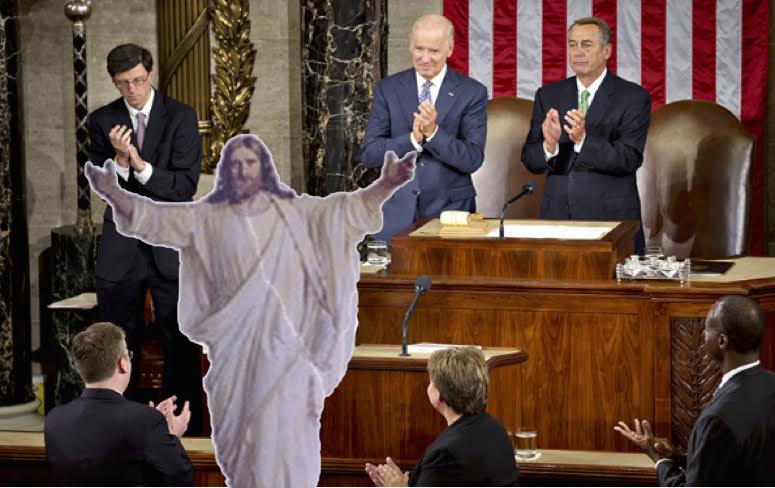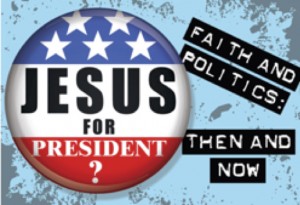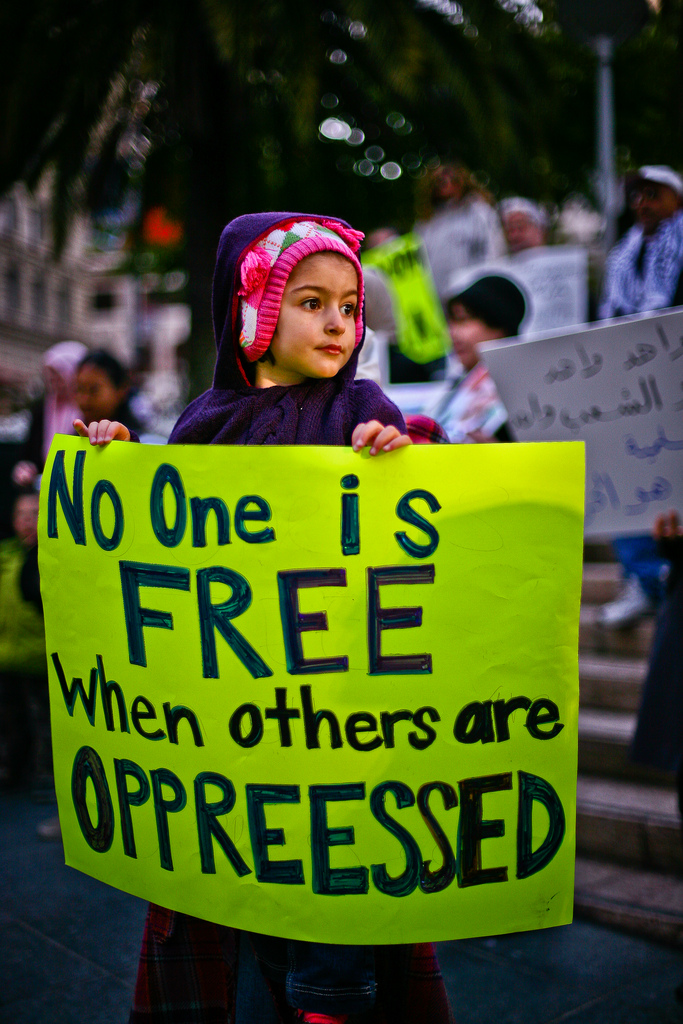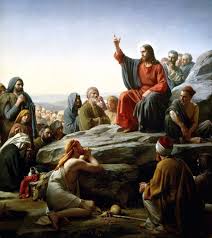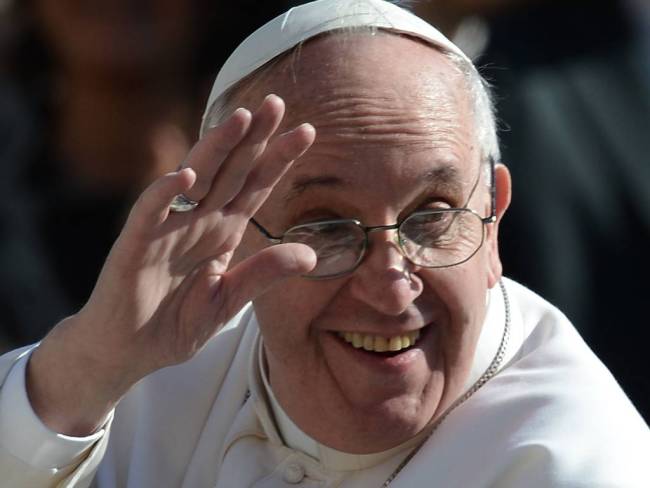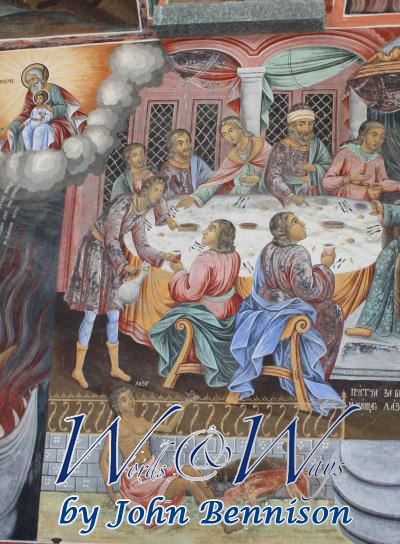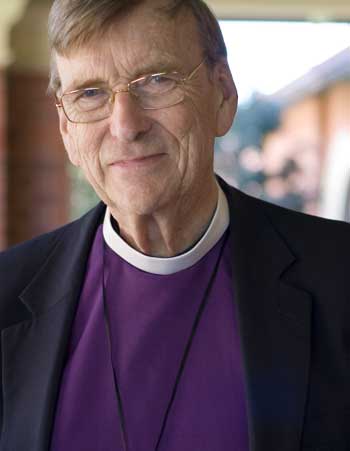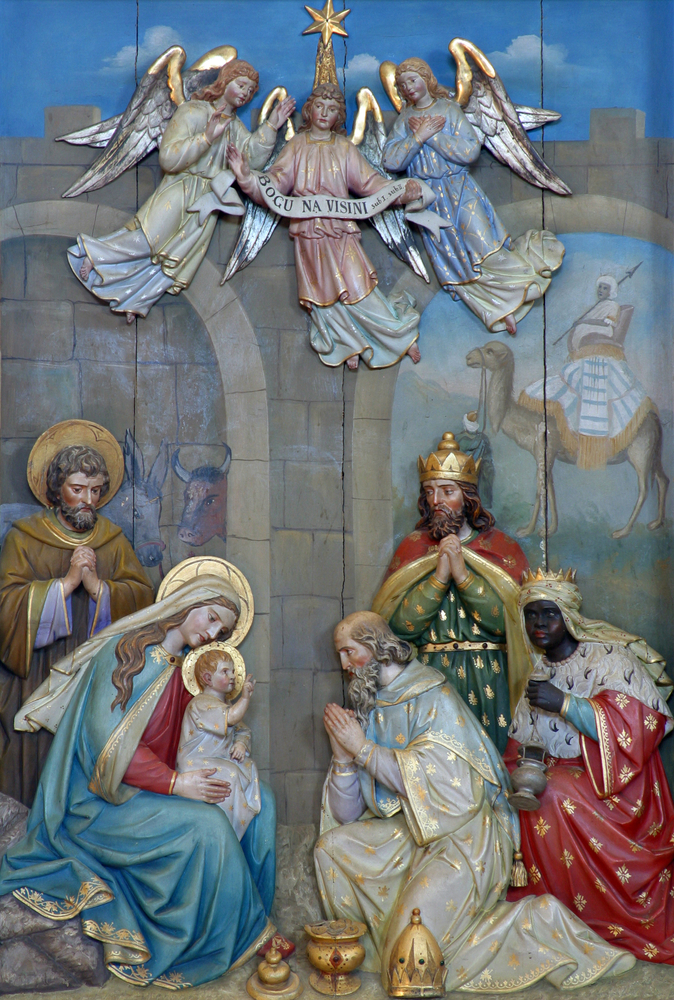The idea of “God” has been problematic for as long as the notion existed. As a result, “God” has admittedly been for me a direction; but neither a destination, nor even a companion along the way any longer. As the poet suggests, if the notion of “god” is directional movement from a former past to the present now, then perhaps it is the time to leave the “G” word behind. What does that mean?
But it is not only God that is recurrently jealous and punishing. Other monolithic entities can also be jealous: your nation, the military, employers, and political causes all demand unswerving loyalty. They chastise members who refuse to obey or ‘worship false Gods’ by colluding with enemies, conspiring with political, professional or commercial rivals. And God help those who whistle-blow, aaaagggghhh snitch!
“Salvation” is often a dirty word in progressive Christian circles, but when abandoned, it leaves a void for others to fill. Instead, we need to boldly reclaim it. In American culture, its dominant usage revolves around the phrase “being saved.” Left assumed and implicit is the “from what” we are being saved: hell. Yet for those of us who dismiss a literal hell of fire and torment, we rarely replace what we are being saved from. Talking about salvation feels irrelevant if you dismiss the problem it was meant to solve and replace it with nothing.
Second in a Series exploring the relationship between one’s theological framework and political viewpoint …
Earlier this year the Prime Minister of Israel addressed a joint session of Congress. Last week, Pope Francis did the same. Many believed the former had a political ax to grind, and the latter a pastoral message with political points to preach. For many modern day Christians, Francis embodies many of the teachings and much of the life-style of the Galilean sage. Unless one believes in the highly speculative Second Coming, Jesus will likely never be invited by the Speaker of the House of Representatives to follow Benjamin and Francis, addressing our political leaders. But if we were to draw from the earliest available records of his theological – if not political – perspective, what might Jesus have to say to our elected government officials? Read more.
First in a Series exploring the relationship between one’s theological framework, religious practice and political viewpoint …
Jesus, a cleric and a politician walk into a bar … If that sounds like the beginning of a bad joke, consider the 3-ring circus of political debates and punditry already well underway 14 months before our next national presidential election. It is infused with religiously-motivated rhetoric that expresses itself in political terms. “How we think about religion -- even if we are skeptics or atheists -- will spell itself out in how we think about society,” observes philosophy professor, David Galston. “In other words, our theology and politics are inextricably linked. The difference of course is that politicians get to enact their thinking as policy.” If that is the case, should one consider a candidate’s religious bent when assessing the way they might make their political decisions? Absolutely! You can read more here.
We know what to do. The Universal Declaration of Human Rights begins: “Whereas the peoples of the United Nations have in the Charter reaffirmed their faith in fundamental human rights, in the dignity and worth of the human person and in the equal rights of men and women and have determined to promote social progress and better standards of life in larger freedom.” Unitarian Universalists claim the “inherent worth and dignity of all humanity.” Christians claim the Apostle Paul’s ecstatic revelation that “You are no longer Jew or Greek, no longer slave or freeborn, no longer ‘male and female.’ Instead you all have the same status in the service of God’s anointed Jesus.” Leviticus 19:18 says, “Love your neighbor as yourself.” Jesus said, “Love your enemies.”
I heard a contemporary hymn on Sunday morning during the Eucharist and fell in love with the melody. It was the “Untitled Hymn
From the Celebrating Mystery collection
THEME Two Faces of the One God –the One Life Force THOUGHTS FOR REFLECTION 1. Darkness is the womb of the light, nothingness the womb of all things.
“LAUDATO SI’, mi’ Signore” – “Praise be to you, my Lord”. In the words of this beautiful canticle, Saint Francis of Assisi reminds us that our common home is like a sister with whom we share our life and a beautiful mother who opens her arms to embrace us. “Praise be to you, my Lord, through our Sister, Mother Earth, who sustains and governs us, and who produces various fruit with colored flowers and herbs”.
In the words of our ancestors as they grappled to tell the story of the Divine Mystery we call God, it is written.
Part 2 of Sacred Energy (Mass of the Universe) contains the complete text of the mass
The mass in a form that you can interact with. Each individual musical segment has both an audio file (mp3) and a musical score (pdf).
Celebrate our life together, giving birth in many ways; Father-Mother Love is with us, leading to a better day. Equal partners ‘round the table, family groups of every kind show us how to nurture kindness, new creation’s joy to find.
From the ‘Sing Young, Sing Joyfully’ collection
Which code can assist us Uncover the fullness Of living and loving Which our spirits need?
When Paul talks about the wisdom of the world he is not talking about Greek philosophical wisdom. The wisdom of the world that Paul has particularly in mind is the wisdom that crucified Jesus. The wisdom of the world Paul is referring to is the kind of wisdom expressed in domination systems. In our context it would be powerful governments and corporations who wield enormous power and wealth to shape society in view of their own self-interests.
The God I Don't Believe In
When it comes to religion, Atheism is as good as any, since religion is simply about how you put some order in your otherwise chaotic world, and come up with a list of things you believe or disbelieve. The atheist and the theist both want to ask the same basic question: Do you believe in God or not? Often they are not interested in going much deeper than that. The oft-repeated response a famous preacher once gave to a religious skeptic went, “Tell me about the God you don’t believe in. Chances are I don’t believe in that kind of God either.”
A Reflection for Twelfth Night and the Epiphany Season
The journey of the magi, and their adoration on bended knee before a newborn peasant who presumably comes to subordinate the Herod’s of this world is a quaint and fanciful tale. But this year, the real exchange of gifts in the City of Angels was a modern day epiphany that suggest we might indeed still find for ourselves new, authentic life in such an otherwise arcane myth. Now the question is whether the meaning and message of Epiphany season will truly shed new light in the bleak midwinter of our discontent.
Reconciling Gratitude, Generosity & Greed
The common dream most people have of one day having more than they already have seems to have remained as fleeting and elusive as ever. Meanwhile, the gross disparity and widening gap in this country between the haves and the have-nots has reached a point where an oligarchy of corporate interests posing as individuals shape public opinion and outspend each other as never before in partisan attempts to buy an election.
2) The Hebrew scriptures, or the Old Testament, represent a religious tradition that is independent of the later Christian faith. The Hebrew scriptures aren't about Jesus, although the Christian scriptures include many references to the Hebrew scriptures. To honor the fundamental differences between the two sets of scriptures doubles the spiritual significance of the entire Bible.
This worship service combines the contemplative spirit of Taizé chant with the Celtic liturgy of the Iona Community.
A Drama for Proper 16. Shiphrah and Puah Engaging, humorous, a dialogue between the two midwives in Exodus 1.
The events in the life of Jesus of Nazareth did not happen in a vacuum, nor are these events history as history is now defined.
During the celebration of Christmas, familiar images are recalled in hymns and scripture about the birth of Jesus. In the popular mind, the appearance of herald angels, shepherds abiding in the fields, the star of Bethlehem, the virgin Mary giving birth in a stable, and the adoration of the Magi, have all been melded into one Christmas story. In reality, there are in the gospels, two distinct and at times contradictory stories of Jesus' birth. A careful reading of the Bible itself reveals that so much about this celebrated birth is myth.
In times of political and economic, cultural and ecological crisis, Jensen asks us to evaluate the risks we are willing to take to work for social justice and ecological sustainability. He discusses his personal experiences and view points of recent political events and presidential actions. Urging us to listen to our own hearts, he calls us speak our truth to defend against evils of established systems, and practice a balance of passion and humility in order to cope and promote positive change.
First celebrated in 1898, the Universal Day of Prayer for Students is observed on the third Sunday of February; in 2010 it is celebrated on February 21st. The UDPS is one of the oldest ecumenical days of prayer. In line with WSCF's theme for 2010 the UDPS theme is 'Climate Justice'. Former WSCF Chairperson Rev. Ejike Okoro of Nigeria has prepared the 2010 UDPS liturgy and accompanying Bible study on behalf of the Africa region.




